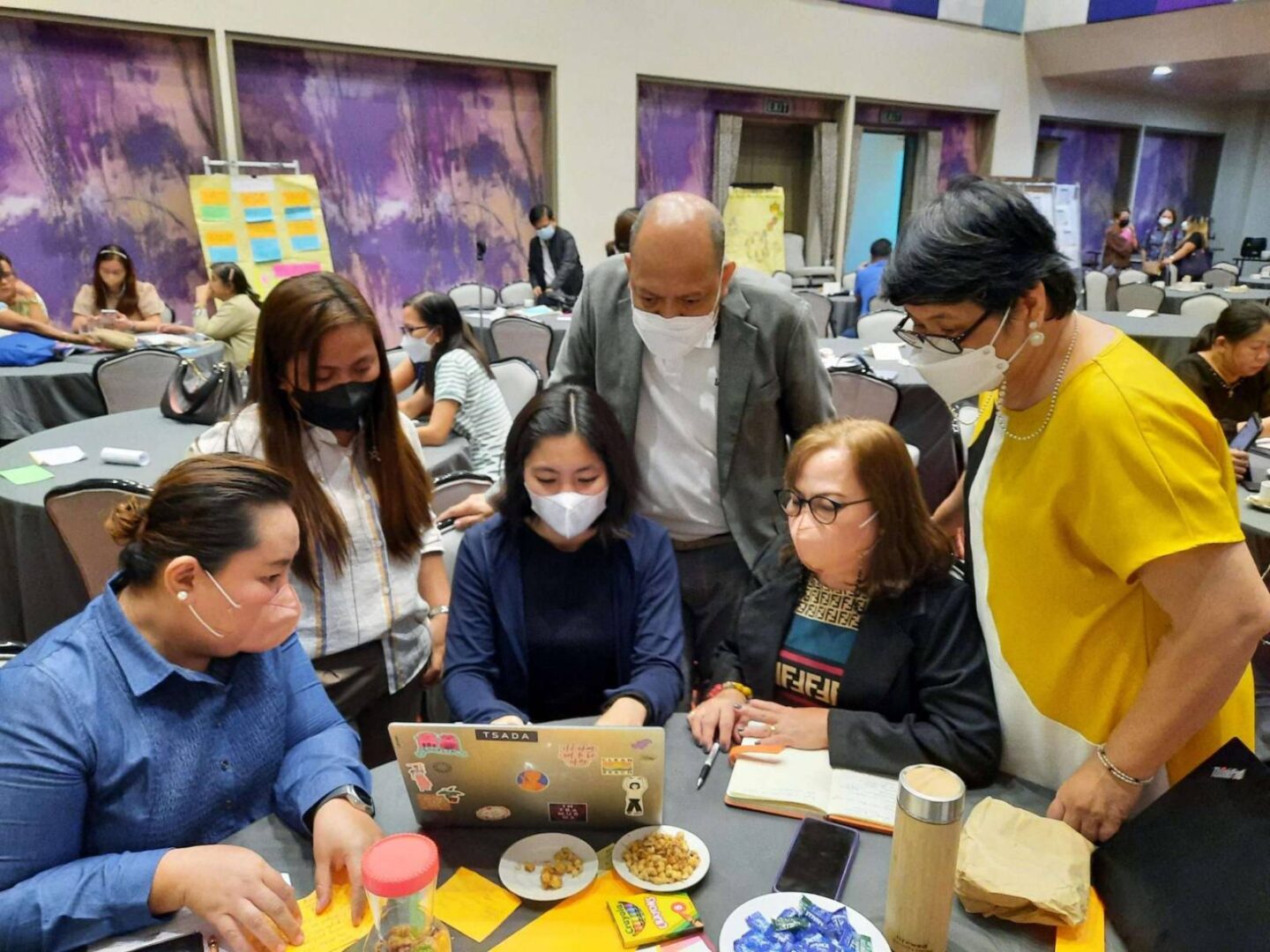The United States government, through the US Agency for International Development, trained over 50 officials from the Department of Education’s central, regional and division offices in designing and developing prototype learning spaces to address future challenges in the education sector during a workshop held on 15-19 August.
“As our teachers and learners continue to face barriers to equitable and inclusive education, we must continuously explore ways to ensure that all have access to quality teaching and learning resources by sustaining gains in education technology and by supporting and enhancing teachers’ leadership roles,” USAID Philippines Education Director Dr. Thomas LeBlanc said.
The five-day workshop, organized in partnership with DepEd, was designed to help education personnel develop solutions for learning spaces that are contextualized and adaptable to address future challenges in education. Participants learned to carefully define issues to be addressed, empathize with teachers and learners, and conceptualize, design and test a prototype learning space that addresses education-related needs.

To illustrate the outcomes of the workshop, the Schools Division Office of Tanauan, Batangas sought to address the issue of crowded classrooms by designing an interactive gazebo that enables students to explore nature while developing important technological and social skills.
DepEd Region 7 Assistant Regional Director Cristito Eco challenged participants to focus on innovative solutions. “When faced with problems or issues, do not think immediately of the cost. Think of possible solutions and your stakeholders,” he said. “This futures thinking workshop helped us appreciate our partners in creating solutions together.”
The United States government has been a key development champion in the Philippines for over 60 years, working with individuals, communities and the government to improve everyday lives. Through its All Children Reading Philippines project, USAID aims to support DepEd in improving early grade reading skills for 100 million children.
